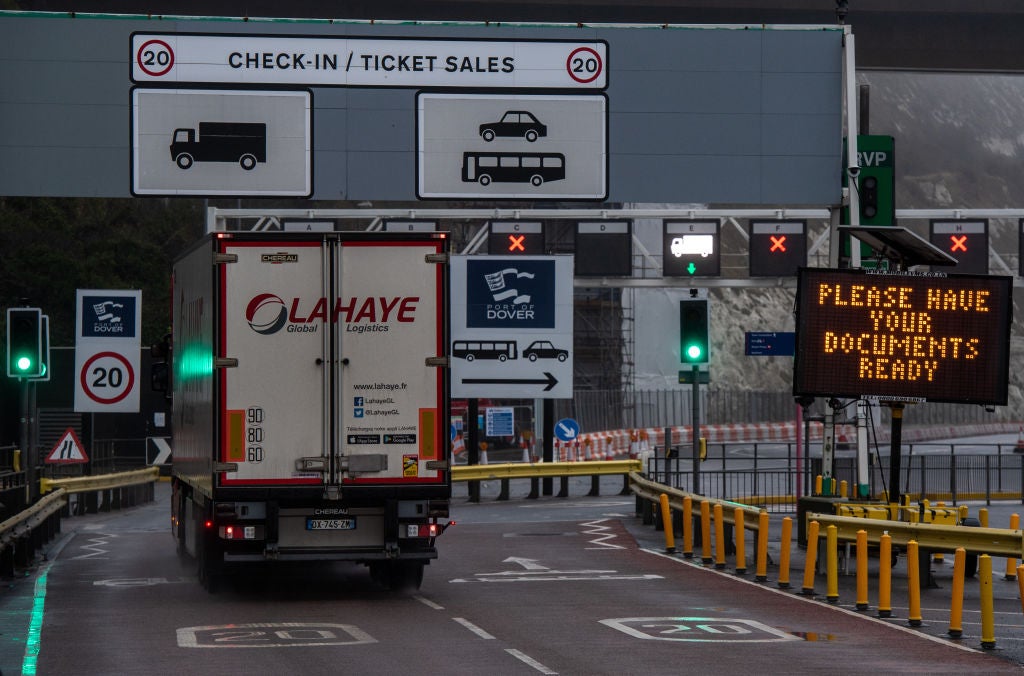As UK businesses draw a line under 2021, it is imperative that those exporting into the EU are fully informed of, and compliant with, the UK-EU’s updated rules of origin to ensure they meet tariff-free trading requirements in 2022.
1 January 2022 marked the end of transitional measures in the UK-EU Trade and Cooperation Agreement (TCA), which relaxed the requirements for businesses to provide evidence confirming the originating status of goods for export. Under the new rules, businesses exporting into the EU will face HMRC inspections to establish they have clear and sufficient evidence that goods meet the required threshold of 50% British or EU-sourced content, or risk paying duties.
While many businesses have previously assumed if they purchased or manufactured their products in the UK that those products were of UK origin, in reality today’s complex supply chains mean many products fall below the required 50% threshold. Given this, UK companies exporting to the EU must make understanding the updated origin rules a priority.
Teething problems for rules of origin change
We have already seen teething problems for UK businesses adapting to the new rules in January, with many citing compliance challenges and ambiguity within the updated framework.
Some businesses have issued statements on the origin of their goods required to claim the zero tariff without referring to the new rules, while others have tried their best but found it difficult to interpret the rules or to provide sufficient evidence. In other cases, EU businesses have chosen to ignore the new arrangements due to the added administrative burden placed upon them, creating additional import customs duty liabilities for the UK importer.
Another area of early confusion surrounds the supplier’s declaration, which under the TCA can be difficult to complete compared with declarations in other trade agreements. Where finished goods are purchased for onward export, it places the responsibility for confirming origin on the manufacturer. If these companies do not export themselves, they will not have processes in place to confirm the correct origin of the goods.

US Tariffs are shifting - will you react or anticipate?
Don’t let policy changes catch you off guard. Stay proactive with real-time data and expert analysis.
By GlobalDataUltimately, businesses’ failure to comply with the new rules will negatively impact their future ability to trade in the EU. If an exporter has incorrectly provided a statement allowing the claim-for-zero tariff, they will be required to notify their customers of the correct origin status if insufficient evidence is provided to the customs authorities when they are inspected. The customer will be required to arrange for all import details of the affected products to be amended and the full rate of duty will have to be paid. Ultimately, this could seriously affect existing trading relationships and reduce the saleability of the products in the EU.
Any business that has not reviewed their goods for export against the TCA rules of origin should do so now. This will ensure that they fully comply with its legal obligations and understand the potential cost implications of importing into the EU.




